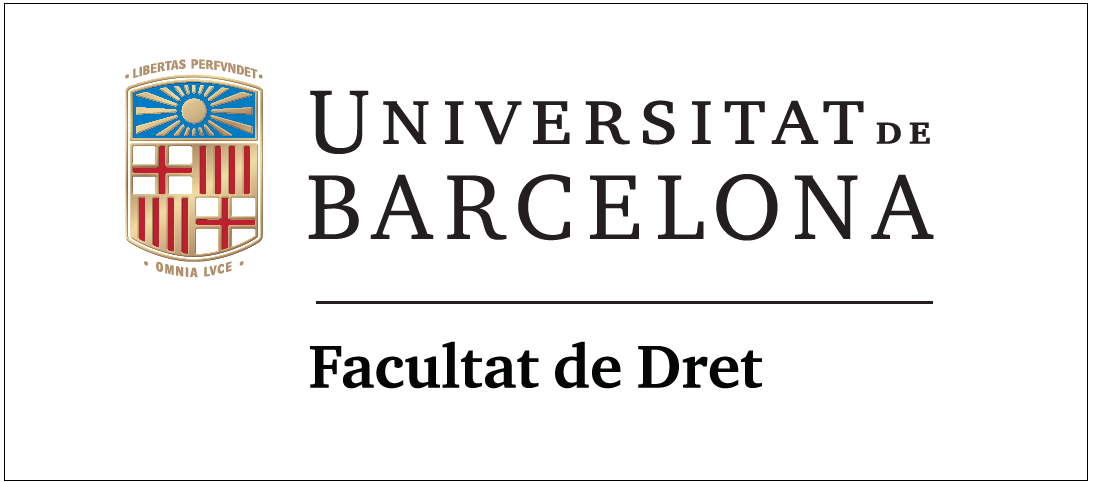OUR RESEARCH
RESEARCH ACTORS
- Directory of experts (page under construction)
- Research groups
- Research projects
- Jean Monnet Chairs, UNESCO Chairs and Excellence Networks
- Research Instituts and Observatories
- International networks
RESEARCH SUPPORT
- Research Office
- Research and Mobility calls
- Research spaces (ES-REC)
- Visiting researchers
- Support to the researchers
PHD








 3 European research projects
3 European research projects